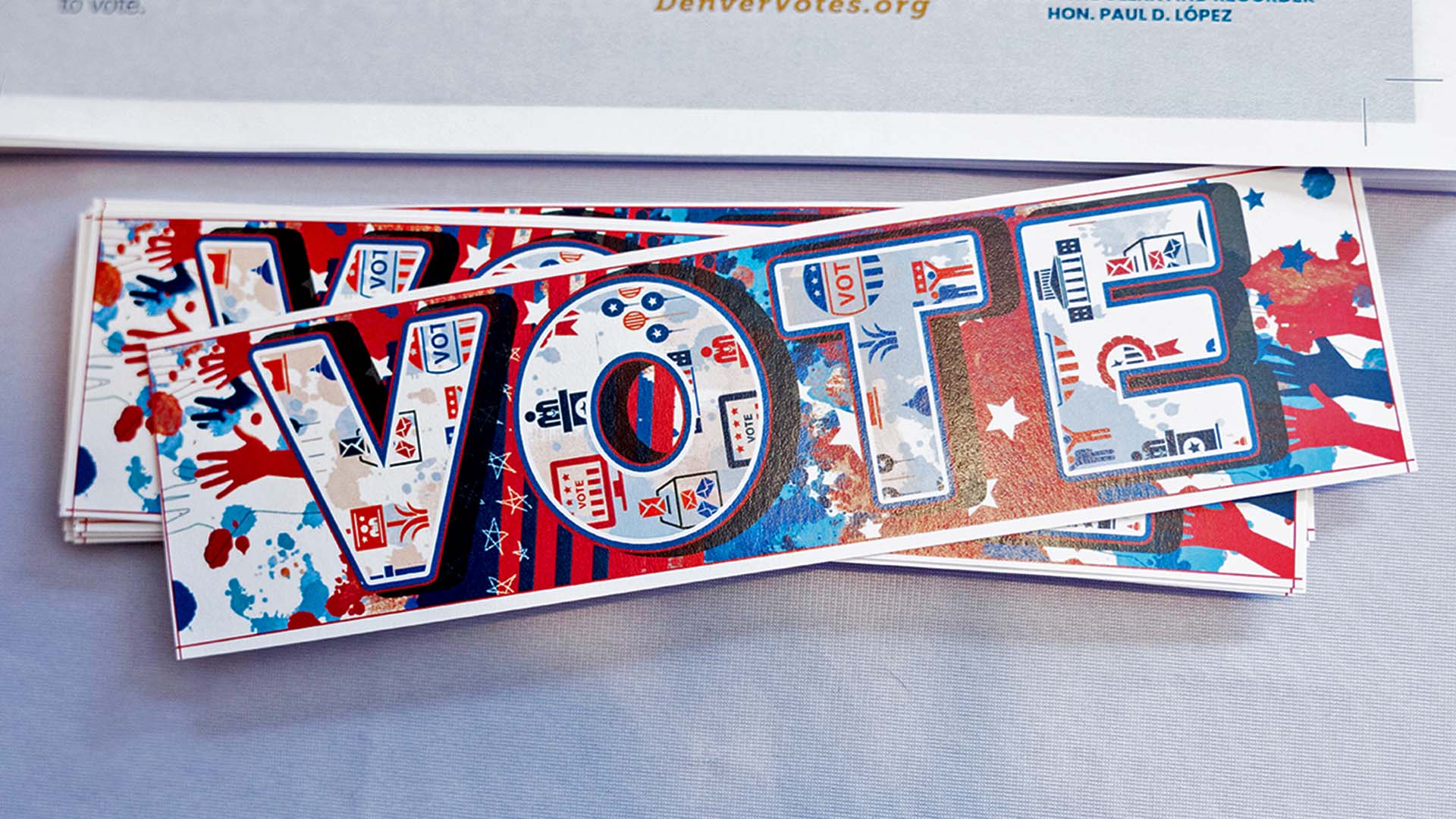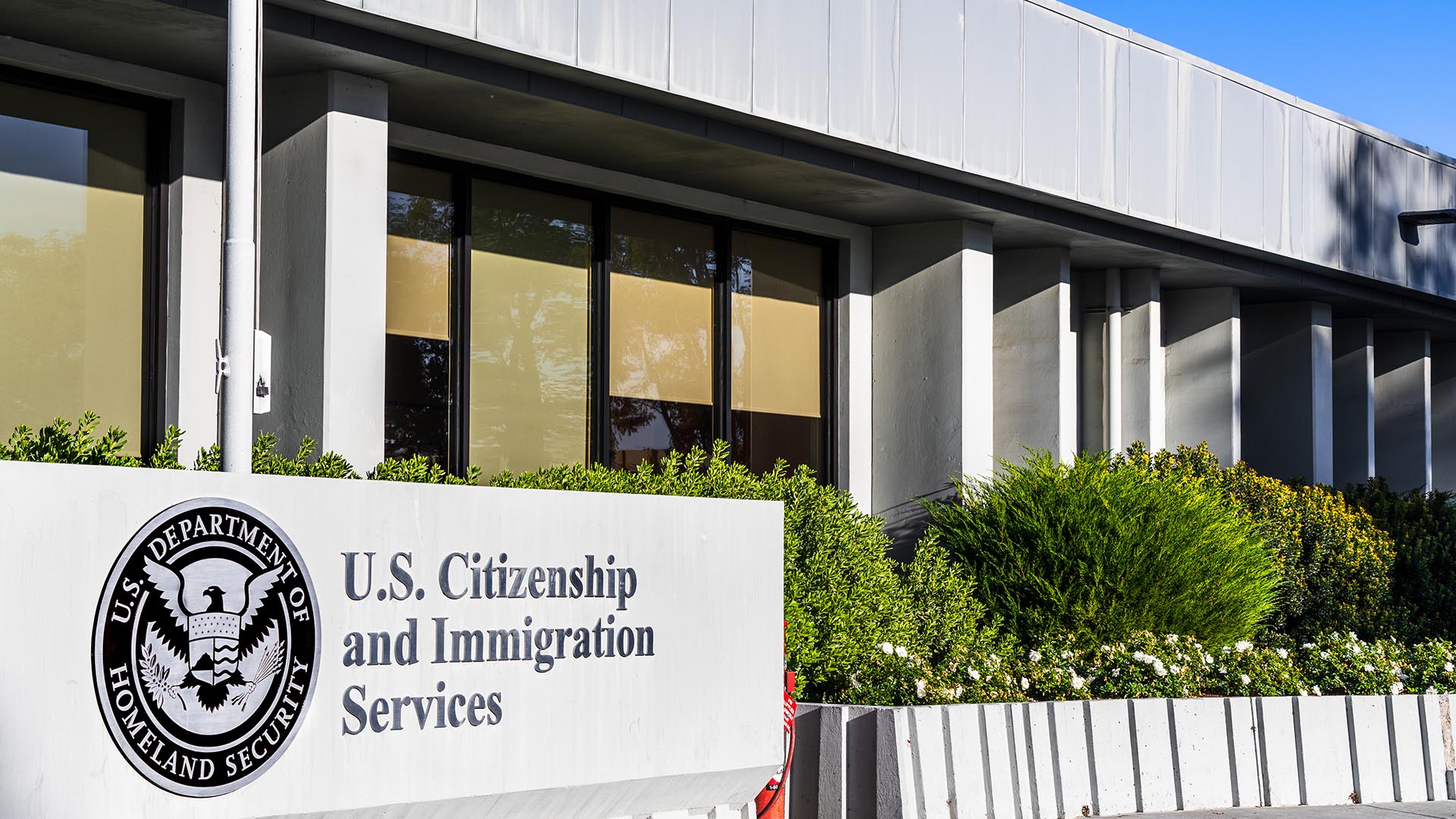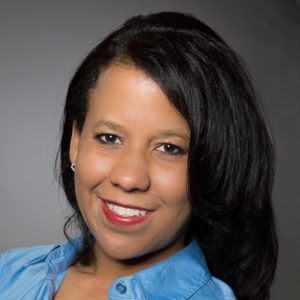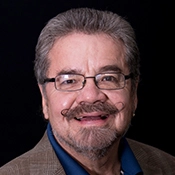Considering “For Colored Girls Who Have Considered Politics”
Colorado politicos Wellington Webb, Wilma Webb and Halisi Vinson weigh in on the groundbreaking book and the prospects for people of color in politics.
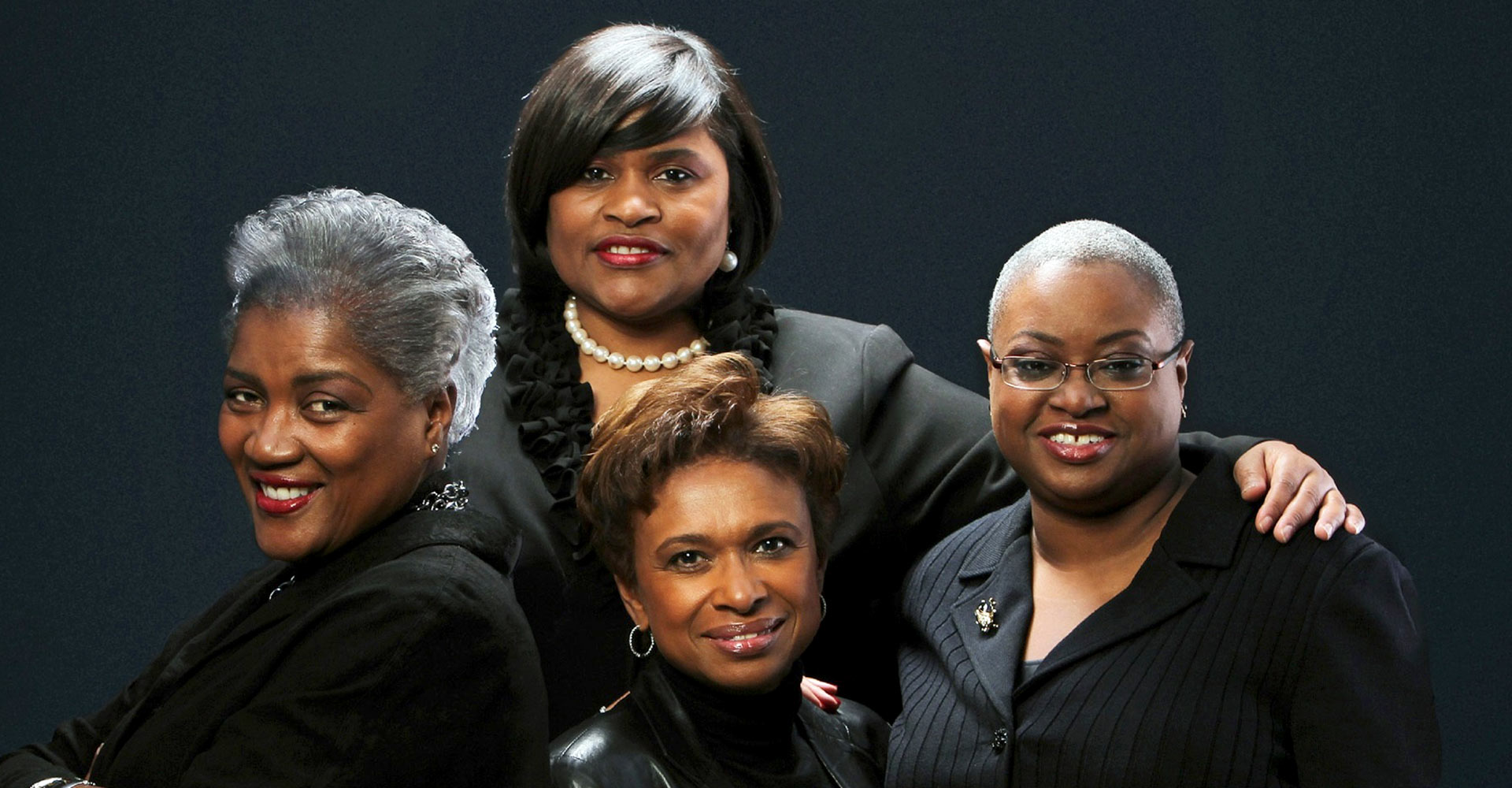
“For Colored Girls Who Have Considered Politics” provides insiders and average voters a behind-the-scenes glimpse into the history and lessons of 30 years of Democratic politics from the perspectives of its four power-player authors: Donna Brazile, Yolanda Caraway, Leah Daughtry and Minyon Moore.
The authors, who call themselves “the Colored Girls,” will be at Metropolitan State University of Denver on Thursday, May 2 for a conversation moderated by President Janine Davidson, Ph.D.
The book covers the authors’ rise to prominence in the Democratic party and their decades of experience working on presidential campaigns for Barack Obama, Bill Clinton, Hillary Rodham Clinton, Al Gore and Jesse Jackson, among others.
To learn more about the book and what the work of politicians of color looks like on the local level, RED sat down for a conversation with three of the event’s presenting sponsors: Wellington Webb, former Denver mayor; Wilma Webb, former six-term Colorado State Representative; and Halisi Vinson, president of Colorado Black Women for Political Action, an advocacy group co-founded by MSU Denver alumna Gloria Tanner.
How did this upcoming event come to be, and why is this conversation so important right now?
Wilma Webb: Our relationship with (the authors) goes back to the 1970s and 80s. Each of these women has long been involved in national politics, particularly as political relationships expanded to the West. We became close during Jesse Jackson’s campaign and have stayed connected.
Since the election of Barack Obama as president, we’ve seen an electorate that really believes in the possibility of a woman being elected. In that sense, the timing of this event is good for people concerned about the direction of our nation, our economic status and our position in the world. And that concern is not just happening in Washington D.C. It’s here in Colorado.
Wellington Webb: We’ve known these four women for a long time. So when they began the book tour and contacted us, it was obviously a great idea for us to help make it happen.
Halisi Vinson: The Webbs approached us (about organizing an event with the authors), and it made sense to me for CWBPA to get involved – if you’re bringing four politicos to town, you’re going to want to connect with the only homegrown political organization dedicated to amplifying these voices. We’re honored that the Webbs agree.
When it comes to Black women, our community has the highest voter turnout. Just look at the 2016 election data. And yet, when you look back, for most folks who aren’t in the top 1%, not one iota has changed when it comes to gaps and disparities for advancing opportunity. For African American communities, those disparities hit even harder. When the economy catches the flu, we catch pneumonia.
What about this book resonated with you, and what can attendees of the event expect to take away?
Halisi Vinson: We’re literally standing on the shoulders of these four women – I refer to them as the “Hidden Figures” of the national Democratic Party. I look forward to learning the challenges they faced, and what we can learn from them now in 2019.
Wilma Webb: These women were all willing to be involved and didn’t have to be urged or coached.
We’ve persevered when it wasn’t easy to persevere because we were giving voice to oppose situations that were wrong. (Those wrongs) never would have been addressed at all had we not raised our voices.
I think of the imprisonment of Nelson Mandela, and our effort to withdraw support of South Africa during the apartheid state. We experienced so much resistance and opposition. Goodness eventually came out of our efforts, but what if we had not said anything? What if we had been quiet and we were defeated? It’s important to raise up those issues that are about righteousness, about the right thing to do.
Wellington Webb: Many activists can plug themselves into these roles when they engage in public service and make the commitment to give back. Here are four people who did that, who came together and moved to different cities to do the work and become successful even when it was a hard thing to do.
Look at when we entered (the bill to make Martin Luther King Jr. Day a recognized holiday) at the Colorado Statehouse – that was introduced three times unsuccessfully before Wilma introduced it and it passed. Now it’s a matter of course – but it wasn’t at the time. Sometimes it takes the world a while to catch up.
What still needs to happen for young people from underrepresented backgrounds to get involved with politics?
Wilma Webb: Once upon a time, we never thought we’d see an African American president. But we did. Now, there is a larger pool of role models from which to draw inspiration.
Getting involved – on boards, commissions, neighborhood organizations and the like – is so important. Being in the company of people who are concerned about and promoting public policy helps start that process.
Wellington Webb: It’s also important to realize that not everyone has to run for office. There are many opportunities, from learning about organizing to identifying solutions and the skills necessary to help promote ideas. That needs to happen early and across channels – social media isn’t enough. It needs to be a coordinated effort.
Halisi Vinson: First, standard liberal arts education should include civics. As a matter of fact, it should be mandatory. Second, I think we’re going to have to be purposeful about inviting our electeds of color to the classrooms so that they can see folks that look like them in positions of power. Last, there is definitely an opportunity for civic/political clubs to create partnerships with organizations like Colorado Black Women for Political Action. For instance, we’re having our first campaign boot camp for young people who might want to run for a student body office. We’re going to teach them how to run a campaign the way the professionals do. This will give young folks the skill set to feel confident walking into spaces where they might have felt like they were the only neophyte in the room.
What is the role of a place like MSU Denver in addressing some of the issues we’re facing?
Halisi Vinson: We are fortunate to have institutions like MSU Denver, where traditional and nontraditional students can get a first-rate education at a more affordable price.
I have had the opportunity to hear amazing authors at MSU Denver. With this event, I hope that the students are inspired by “the Colored Girls” and that they come to understand that democracy is not a spectator sport – we don’t only elect our officials, but need to hold them accountable.
Wilma Webb: A place like MSU Denver can be a voice. More than that, it can be a model for making education accessible to those who otherwise wouldn’t be able to go to college.
That voice can give people hope and make them feel like they have a future – not just limitations because of their economic status. I also think the institution can play the role of hosting visionaries, and by their understanding of current conditions, they can help our increasing population grow with grace for all of us
Wellington Webb: One role of the university is to create new knowledge, but also to preserve the past. For example, there’s a big debate going on about Proposition 300 and the homeless population – but not one candidate for mayor or city council has gone back into the archives and said, “Here’s what we’ve done previously to provide housing and health services.” To use a basketball analogy, a lot of the argument around it is below the net when we should be playing above the rim.
The upcoming event featuring the four authors of ““For Colored Girls Who Have Considered Politics” is free and open to all, but RSVP is required. Community members should sign up here; current MSU Denver students can register at this link.
Books for the author to sign can be purchased in advance or at the event.

